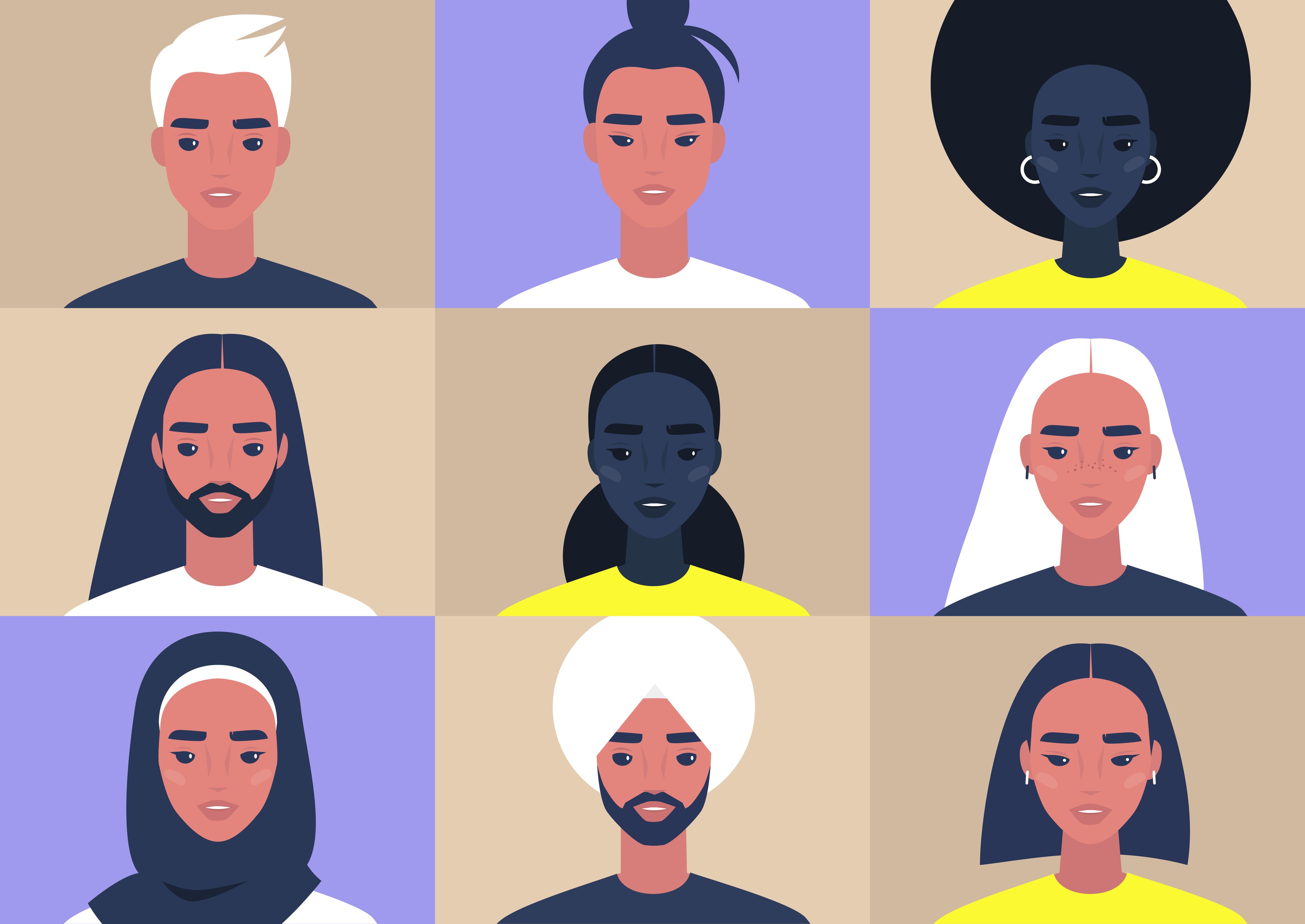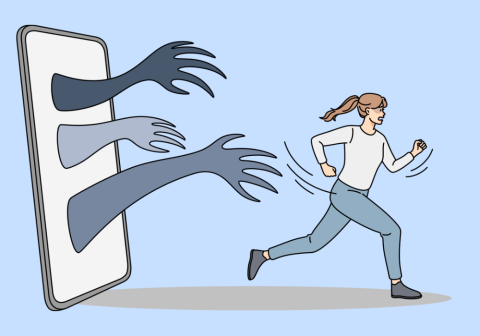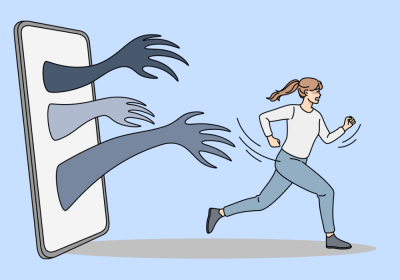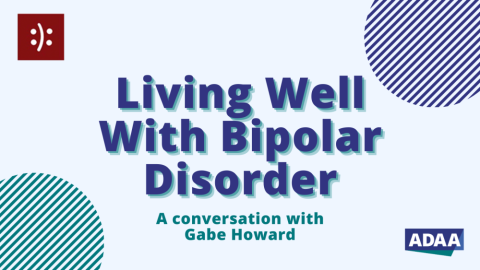Understanding AMEMSA Communities
AMEMSA is an umbrella term grouping Arab, Middle Eastern, Muslim, and South Asian communities in the United States by way of their shared heritage as a collective of peoples originating from the Middle East, North Africa, and South and West Asia. While AMEMSA reflects a diverse array of people with differing religious, cultural, linguistic, geographic, historical, and political experiences, these communities certainly share many commonalities, especially in the west. Racial profiling, religious and ethnic discrimination, surveillance and scrutiny, scapegoating, and hate crimes against them are some of the unacceptable experiences they have in common. It’s not a surprise then that people in these communities might also feel the negative impact such prejudice and social exclusion can have on their mental and emotional, as well as physical, wellbeing.
Depression and Anxiety in the AMEMSA Communities
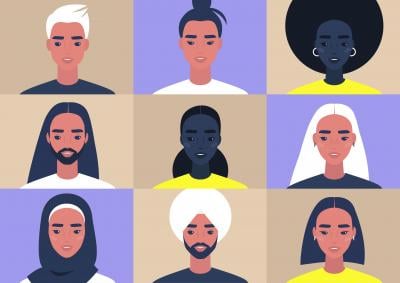
According to the American Psychiatric Association, religious discrimination against Muslims is associated with anxiety, depression, subclinical paranoia and even alcohol use. But the organization also reports that nearly one-third of Muslim Americans perceived discrimination – being excluded or ignored - in health care settings, and that specific to mental health treatment, a lack of understanding or knowledge of their religious beliefs, customs or rituals may be an obstacle in establishing a therapeutic relationship vis a vis a Muslim patient and non-Muslim provider.
South Asian Americans feel the impact of psychological stressors such as xenophobia, harassment, and travel and immigration bans with one in five South Asian Americans experiencing an anxiety or mood disorder in their lifetime, reports the South Asian Public Health Association. The organization says U.S. South Asians often express greater stigma toward mental illness than other groups, and that stigma impedes them from seeking help.
AMEMSA communities also comprise people who emigrated because of war or political conflict in their own countries, possibly leaving behind other family members and friends in economic and social instability. Their experiences of violence, displacement and persecution are more likely to affect their mental health with higher levels of PTSD, anxiety and depression.
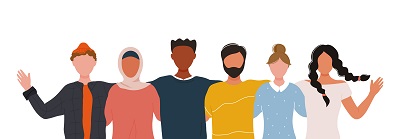 Why AMEMSA Mental Health Matters
Why AMEMSA Mental Health Matters
At ADAA, we remain committed to diversity, inclusion and equity and when it comes to mental health, we believe the AMEMSA community requires and deserves the same access, support and resources to education and treatment for anxiety, depression and co-occurring disorders as anyone else. Given the amount of trauma, exclusion, and discrimination these groups of people have and continue to face, mental health clinicians and providers should be culturally sensitive, willing to be educated on their particular needs and struggles, and be open to different languages, ways of communicating and diverse family, faith and cultural principles. Learn more about finding the right therapist.

While there are significant health and mental health disparities for AMEMSA communities, there is also limited data on their health needs and care. This is partly due to cultural stigma around mental health and getting treatment but the shame, mistrust, fear and secrecy many feel also stem from the disengagement and discrimination they experience. These communities have been excluded or marginalized from many fields, including psychology and mental health, with little regard to the rich and fascinating history, education, insight, and values they possess.
We at ADAA encourage members of the AMEMSA community to share your stories. The more information and data out there on your experiences and needs, the more the mental health field can make much needed changes. Find out how to share your story with ADAA. Find an ADAA Therapist. Check out this ADAA infographic: Why Mental Health Matters in the AMEMSA Community
Below are websites where you can find mental health providers and other supportive resources catered to AMEMSA communities:
Mental Health Resources
- Chai Lifeline Crisis Services
- Institute for Muslim Mental Health
- Jewish Therapist Collective
- Khalil Center
- MannMukti
- Muslim Mental Health Toolkit
- My Mantra Wellness
- Naseeha Mental Health Hotline
- ShalomSpace, Jewish meditation app
- South Asian Mental Health Initiative
- South Asian Sexual and Mental Health Alliance
- South Asian Therapist
- The Blue Dove Foundation
- Transcending Jewish Trauma
Additional Resources
- Counter Antisemitism on College Campuses
- Finding a BIPOC Therapist
- Directory of Jewish Therapists
- Arab American Family Support Center
- Desi LGBTQ+ Helpline
- Islamic Relief USA
- Network of Jewish Human Service Agencies locator
- Orthodox Jew Mental Health Resources
- Resources for Muslim Mental Health
- Sakhi for South Asian Women
- South Asian Americans Leading Together (SAALT)
- South Asian Network
- South Asian Public Health Association
- Yalla Let’s Talk
Trending Articles
